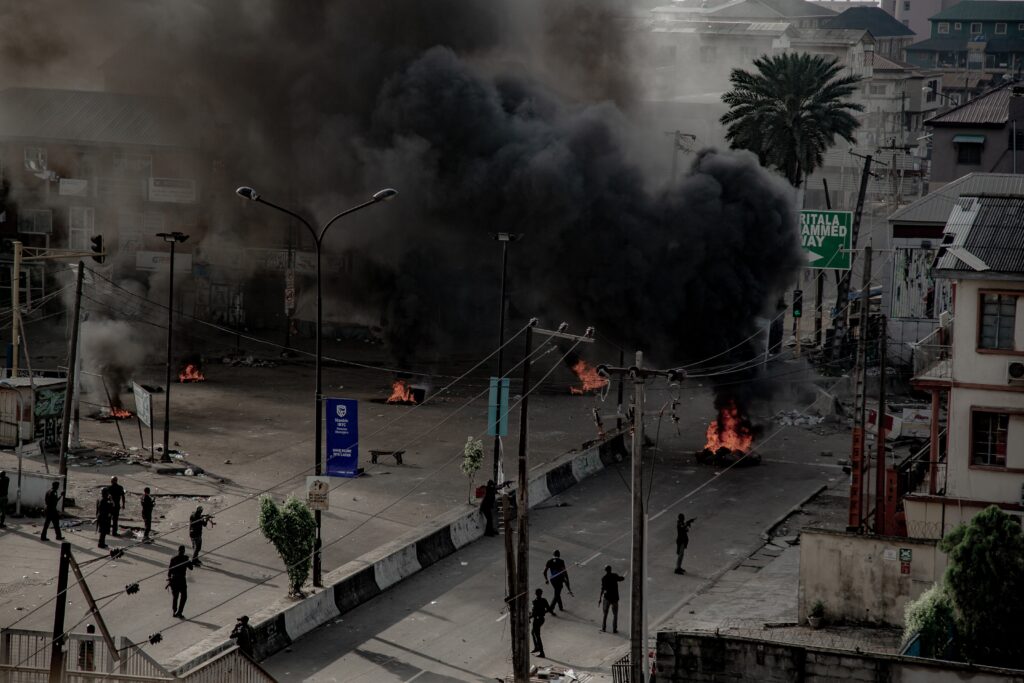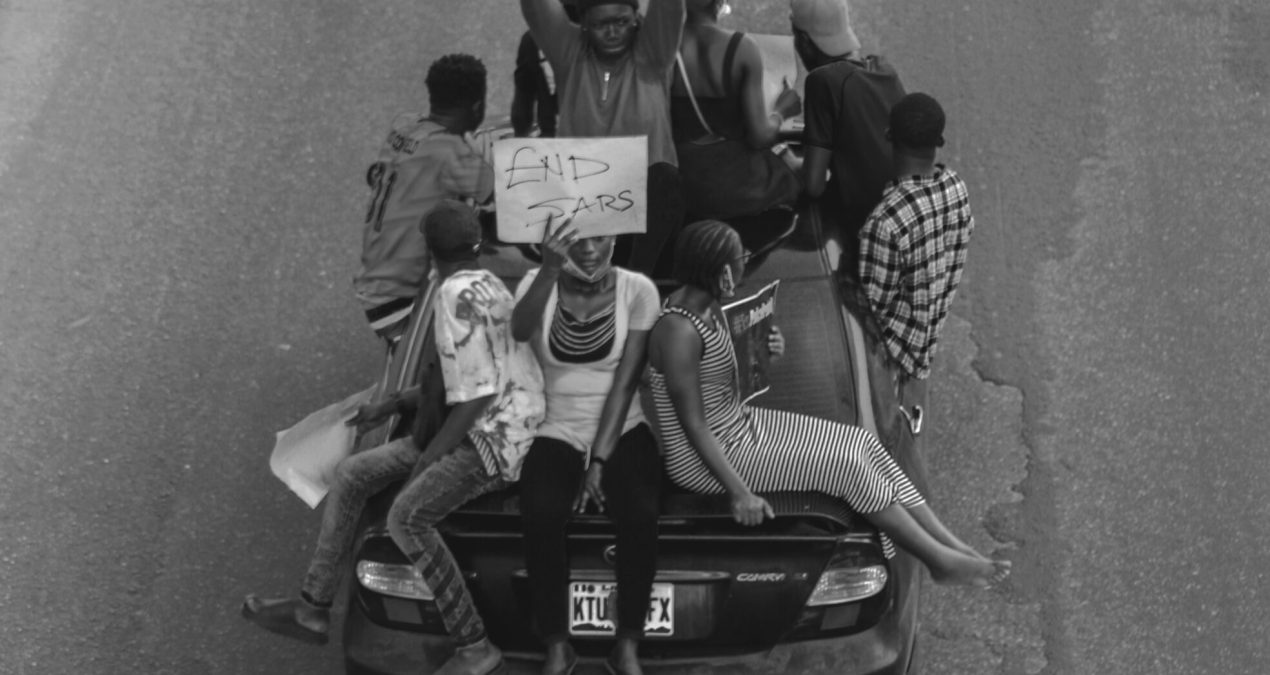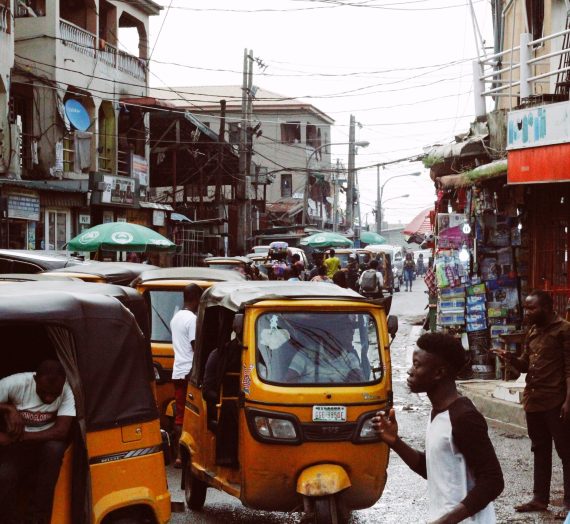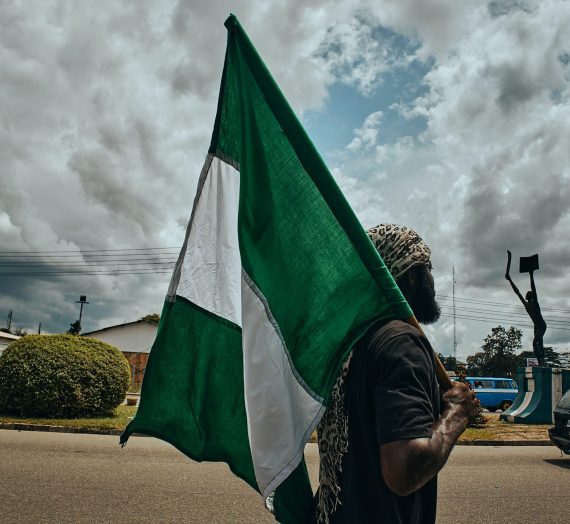In the wake of the widespread #EndSars protests by the Nigerian youths against the brutality and killings by men of the Special Anti- Robbery Squad (SARS), it has become necessary to address the issue as to whether the protesters do have the right to protest under the Constitution of the Federal Republic of Nigeria 1999 (as amended) and other legal frameworks.
By the combined effect of Sections 39 and 40 of the 1999 Nigerian Constitution, every Nigerian citizen has the right to protest as a way of either voicing out his or her opinions on a particular subject matter or expressing displeasure at the policies of the government or simply demanding for his or her rights. This right to protest is however not plainly stated as “the right to protest”. The right is captured in the wordings of sections 39 and 40 0f the 1999 Constitution (as amended). Section 39 provides for the right to freedom of expression which covers the freedom to hold opinions and being able to express same. Subsection 2 of that section particularly allows an individual to adopt any medium for the dissemination of ideas and opinions. It can therefore be inferred and indeed the courts in Nigeria have done so, that protest is a medium of conveying ideas and opinions. Section 40 of the Constitution allows for persons to form peaceful assemblies and associations for the protection of their interests. Therefore, when people gather to peacefully protest for a good cause, their right to do so is protected by this provision. By demonstrating through rallies and carrying of placards, the protesters are simply exercising their constitutional rights.

A look at some International legislations which Nigeria has ratified (that is, signed up to obey), shows that the right to peaceful assembly which covers the right to protest is a human right. Article 11 of the African Charter on Peoples’ Rights (Cap A9), Laws of the Federation of Nigeria and Article 21 of the International Covenant on Civil and Political Rights (ICCPR), 1966, provide for this.
International law places a duty on the government and its law enforcement agents to provide the enabling environment for the enjoyment of this right to protest. The law enforcement agents in maintaining peace and security during protests are to comply with the provisions of the 1990 United Nations Basic Principles on the Use of Force and Firearms by Law Enforcement Officials. For instance, in trying to dispel protesters who have become violent, the force to be use by the law enforcement officer example; the police must be for a legitimate law enforcement purpose and must be proportionate to the level of violence displayed by the protesters. That is to say that the law actually allows for the police or any other law enforcement officer to use some level of force against a ‘specific individual’ where there is a threat of death or serious danger. What is important is that the force used should be directly proportional to the level of violence. Accordingly, the police cannot fire shots randomly at protesters who are merely throwing packs of sachet water at them.
It is of importance that protesters be aware that as they carry on with the protests, the law places a duty on them to conduct themselves peacefully and not resort to rampage or any form of violence. If they do so, they will be in breach of certain provisions of the criminal code and maybe liable to be prosecuted. They are also to be aware of the rights of other citizens and not use the protests to violate the rights of others.
In the end, we pray and hope for a sane and better Nigeria where all of our rights will matter and will be protected.
Queen Ukpo BL
The information above is only provided for general information purposes and does not amount to legal advice or soliciting. Also, No Lawyer-client relationship has been created and neither can such a relationship be implied. This information is not intended to substitute the services of a lawyer, if you need legal advice, kindly consult a lawyer for your specific needs. For any further information, you could send us a mail via contact@ls-ng.com


